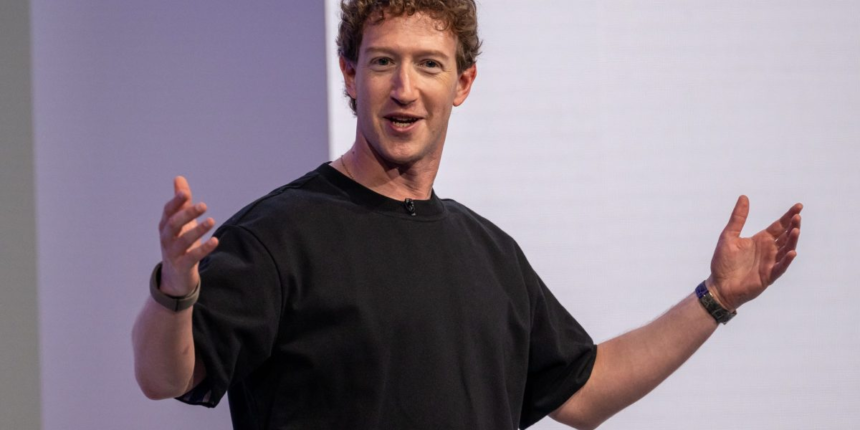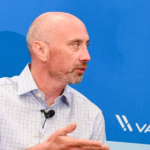Mark Zuckerberg has some similar thoughts.
Then Zuckerberg joined the Altman camp, saying that all capital expenditure bubbles like the buildout of AI infrastructure, seen largely in the form of data centers, tend to end in similar ways. “But I do think there’s definitely a possibility, at least empirically, based on past large infrastructure buildouts and how they led to bubbles, that something like that would happen here,” Zuckerberg said.
Zuckerberg pointed to past bubbles, namely railroads and the dot-com bubble, as key examples of infrastructure buildouts leading to a stock-market collapse. In these instances, he claimed that bubbles occurred due to businesses taking on too much debt, macroeconomic factors, or product demand waning, leading to companies going under and leaving behind valuable assets.
“If we end up misspending a couple hundred billion dollars, that’s going to be very unfortunate obviously. But I would say the risk is higher on the other side,” Zuckerberg said. “If you build too slowly, and superintelligence is possible in three years but you built it out were assuming it would be there in five years, then you’re out of position on what I think is going to be the most important technology that enables the most new products and innovation and value creation in history.”
While he sees the consequences of not being aggressive enough in AI investing outweighing overinvesting, Zuckerberg acknowledged that Meta’s survival isn’t dependent upon AI’s success.
For companies like OpenAI and Anthropic, he said “there’s obviously this open question of to what extent are they going to keep on raising money, and that’s dependent both to some degree on their performance and how AI does, but also all of these macroeconomic factors that are out of their control.”









